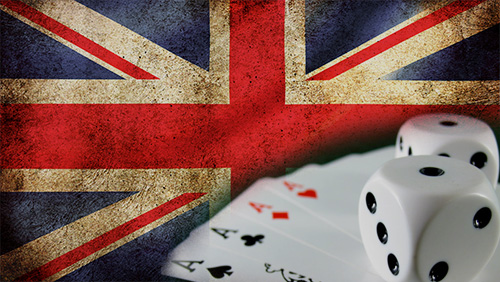UK gambling trade bodies have united in a collaboration aimed at improving socially responsible gambling in the UK marketplace.
 The five main trade organizations within the UK gambling industry have decided it’s time to formalize all of their great work by forming an alliance aimed at improving socially responsible gambling in the UK market.
The five main trade organizations within the UK gambling industry have decided it’s time to formalize all of their great work by forming an alliance aimed at improving socially responsible gambling in the UK market.
The new entity has been given the title of Industry Group for Responsible Gambling (IGRG) and the coalition consists of the Association of British Bookmakers (ABB), British Amusement & Catering Trade Association (BACTA), Bingo Association (BA), National Casino Forum (NCF) and the Remote Gambling Association (RGA).
In a press release issued by the group they have vowed to build upon their existing relationships and work streams, and to provide a cross-sector forum to consider matters of common interest associated with the three licensing objectives in Section 1 of the Gambling Act 2005.
It’s thought that the amalgamation of the trade associations can better help spread best practice throughout every strata of the UK gambling market.
The IGRG’s first project is a data-gathering exercise, as they intend to undertake a stock-take of all responsible gambling initiatives that currently exists within the UK gambling industry, and that’s bound to cover the recent admissions from the UK bookmakers insistent that they plan to do everything in their power to combat the growing concerns over Fixed Odds Betting Terminals (FOBTs).
The IGRG will rotate their Chairman’s position on an annual basis and the first person to settle in the hot seat will be the CEO of the RGA, Clive Hawkswood.
Speaking of the creation of the new organization Hawkswood stated: “The trade associations have been working together constructively for some time, especially on consumer protection issues, and the establishment of IGRG is a natural evolution of that. IGRG will also incorporate the good work that has been done recently by the P3 Group of companies. Our focus will be on identifying practical measures to augment the existing safeguards for consumers.’